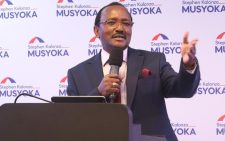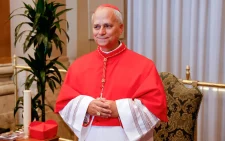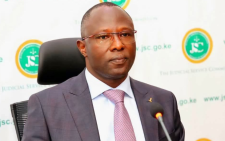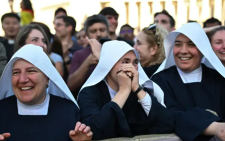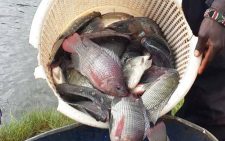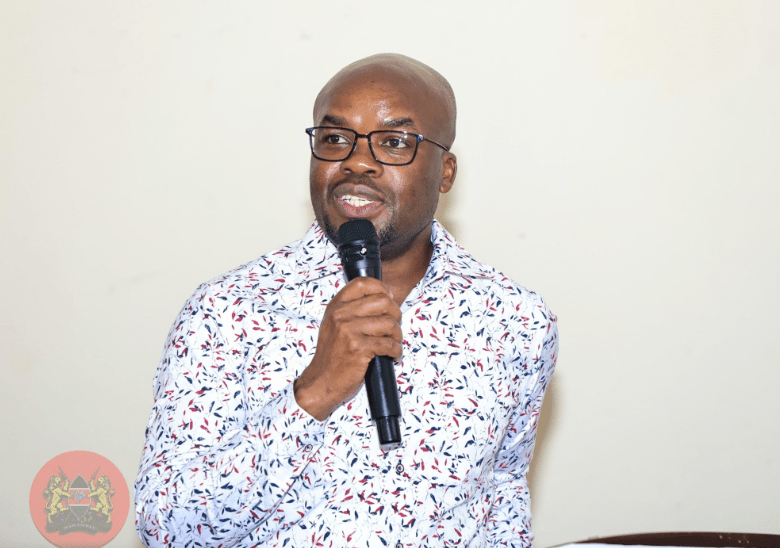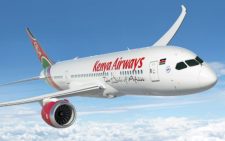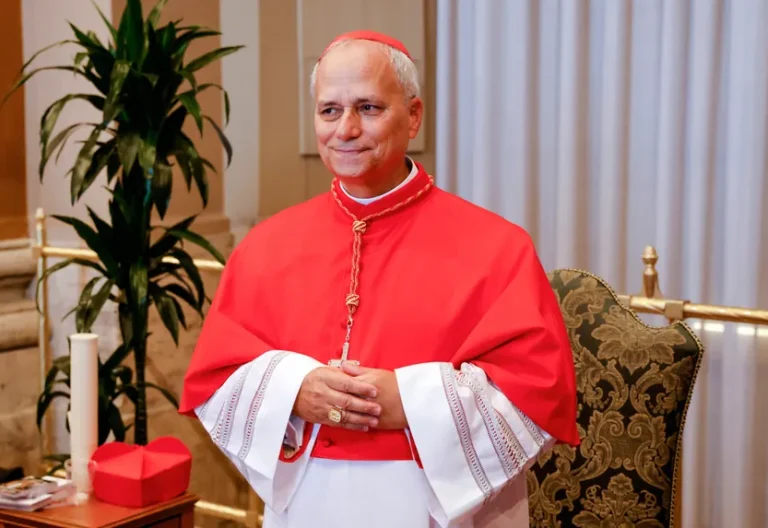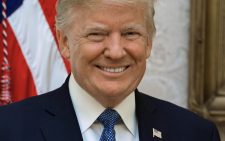More needs to be done to prosper musically – Artistes from the central region of Kenya say
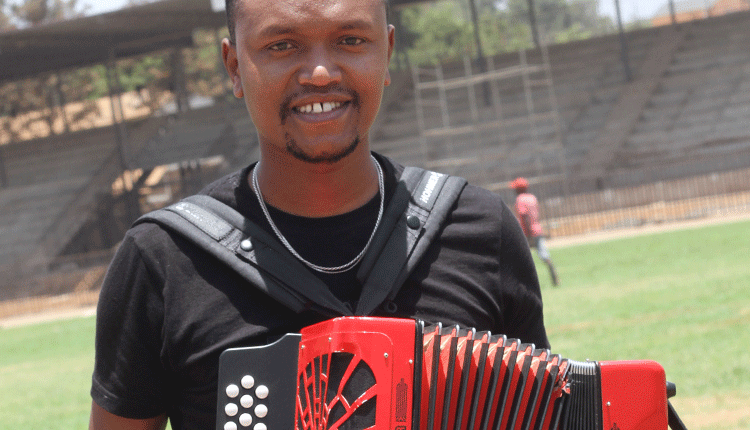
The government machinery is hard at work making sure that all goes smoothly, as the country prepares to celebrate Mashujaa Day in Kirinyaga county on Wednesday.
An impressive group of 44 gospel, benga (contemporary) and Akorino artistes of all age sets from the Mt Kenya region, and tens of dancers—brought together by the Permanent Presidential Music Commission (PPMC)—have been sharpening their skills in the readiness for the big day.
Recently, during one of their rehearsals at the Wang’uru Stadium in Mwea —where the State celebrations will be held— the singers didn’t shy off from speaking their mind concerning their interests, with the common denominator being the restructuring of the music industry.
Already, President Uhuru Kenyatta has initiated a number of changes that include moving the Kenya Copyright Board (Kecobo) from the Attorney General’s office to the ministry of ICT.
However, the move has not helped much, as many industry players had hoped for, with the board constantly being at loggerheads with Collective Management Organisations (CMOs.)
For a region known for its economical prowess, most of its artisans lead a destitute life.
“This is why we need to put the right structures to make sure that artistes are well compensated for their sweat and that future generations find a well-structured industry.
Music is a source of employment; just look at the number of people who are needed to make music and you will see every reason to streamline the system,” veteran Akorino gospel singer Hezeh Ndung’u told Spice.
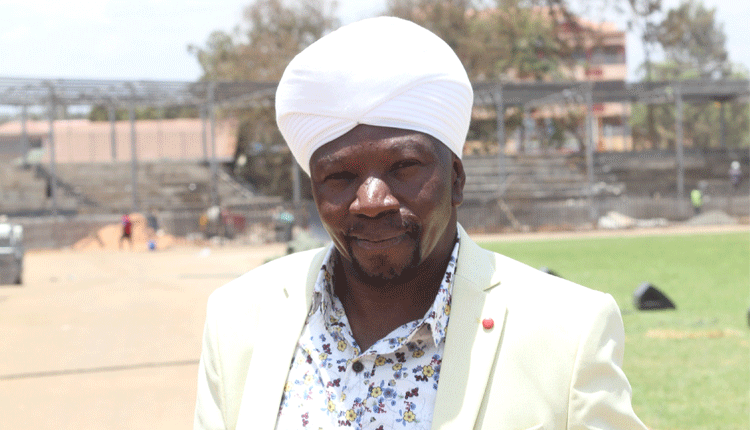
He adds that their main issue is the law governing the affairs of the creative industry from Kecobo to the CMOs.
He says, “We need our lawmakers to engage stakeholders so as to make strong laws that protect our copyrights as artistes, and also restructure these CMOs so that they are fully accountable for every coin they collect on behalf of copyright owners.
If you look at the stalemate we have with Skiza tunes royalty distribution, it can only be solved through an act of law.
At the moment, the whole industry is being exploited at the expense of artistes.”
Political gullibility
Politics often makes strange bedfellows and the region’s political circles have never shied away from courting musicians to drum up campaign in their local turfs.
“We have been using music to make change in every community and a country as a whole.
Music spreads messages fast and that is powerful. You cannot live without music as a human at the moment.
We use music to educate our people and as artistes, we also make a living through it,” says Ndung’u.
However, the same has also come with a price to pay as gospel singer Ben Githae has experienced since he jumped on the bandwagon.
“When President Uhuru Kenyatta and Deputy President William Ruto were facing charges at the International Criminal Court, my song Mafataro was used a lot in prayer meetings, but I had not planned for it to be used that way.
However, I would get invited to perform even during their campaigns. From this, I built relationship with the president and in 2017, I did Tano Tena as a way of supporting them.
I was compensated to make it the official campaign theme, and was also paid to perform in their campaign trails,” intimates Githae.
The song, however, has made him a subject of online trolling by netizens who feel the Jubilee government has failed on its promises.
“At first, I was affected emotionally because I would see the insults on social media and think about my family reading that.
It gave me sleepless nights. People would tag me in their posts and threw all manners of expletives and I would trend for the whole day with memes.
I later grew a thick skin and I actually enjoy them now,” he says.
Nurturing and guidance
While the region top artistes continue to shine during their prime time, they also feel the need to nurture the up-and-coming talent in the right direction.
For instance, Ndung’u has published his 300 songs for future literal use, saying it would be educative when it comes to composition of music in Kikuyu language.
He says the current crop of artistes lack originality due to lack of reference materials.
“I would use the example of (singer) Allan Aaron. He was inspired by what I did (Akorino music), but never copied.
He did his own thing and that was commendable because the current crop of artistes just copy and paste music from each other. Music is art and it needs to be original,” says Ndung’u.
His sentiments are echoed by fast-rising mugithi and mwomboko artiste Davy Kamoko, who says there is need to use music as a means of preserving culture.
“As a young person doing this type of music, I find it interesting because it has opened up a wider market that has seen me perform not just locally, but also on international platforms.
The Mashujaa occasion has been insightful as the PPMC has put a large number of artistes whom are walking libraries and source of wisdom when it comes to making music.
It brings us together as artistes from one region where we can also speak with one voice,” he adds in conclusion.
